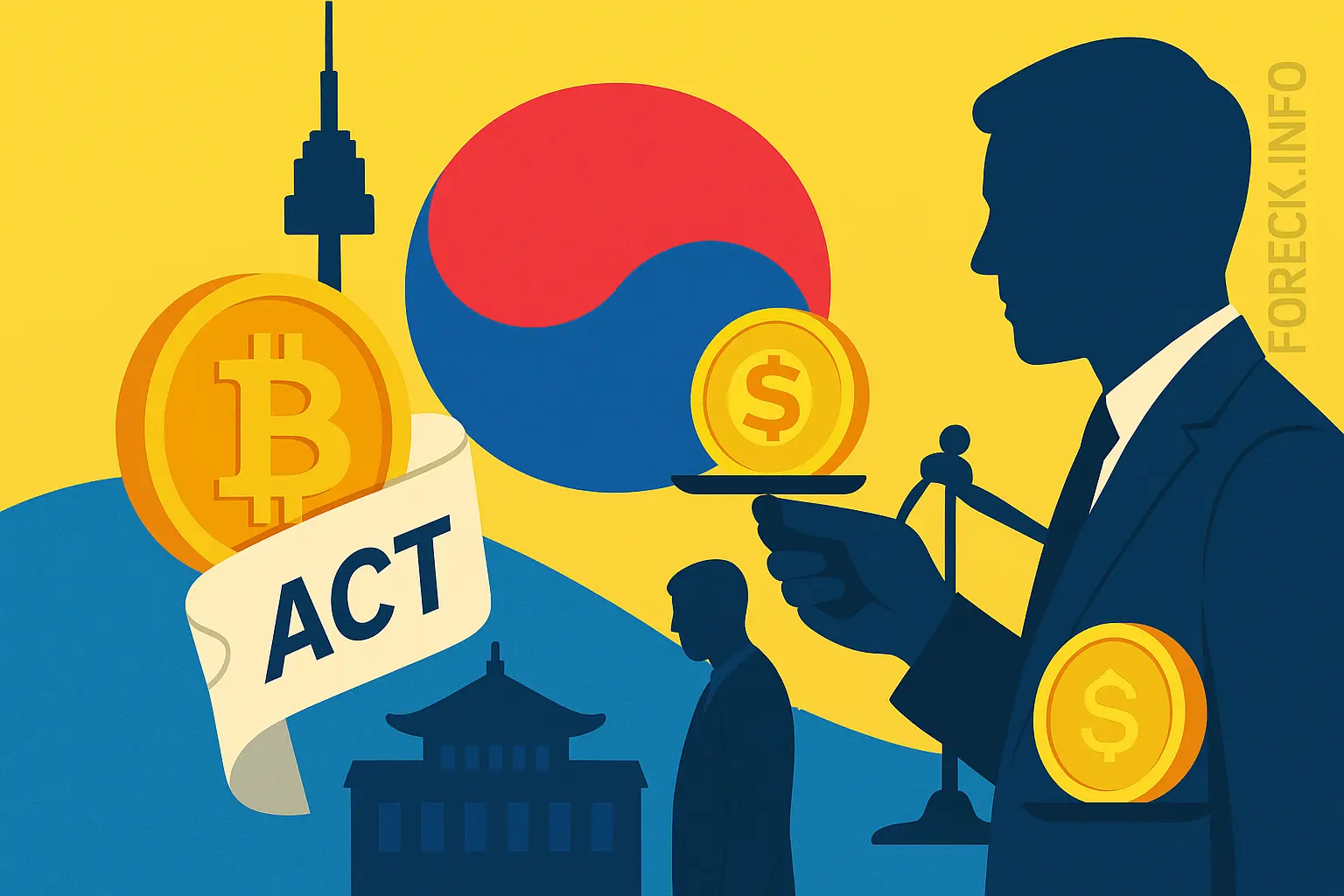The agenda centers on the regulatory framework for stablecoin oversight and the issuance of digital assets denominated in won. Sources indicate that the central bank maintains a cautious stance, leaning toward restricting stablecoin issuance by non-bank entities, citing concerns over financial stability and consumer protection.
This comes as dialogue between the central bank and the private sector has intensified. Earlier in May, the governor was reported to have met with CEOs from Korea’s “big six” banks—KB Kookmin, Shinhan, Hana, Woori, NH Nonghyup, and IBK Industrial Bank—to gauge industry sentiment and regulatory priorities.
The renewed push for stablecoin regulation is driven in part by the recent election of pro-crypto candidate Lee Jae-moon. On June 10, 2025, his party introduced the landmark “Digital Assets Basic Act,” which would allow non-bank entities with at least 500 million won (approx. $368,000) in equity to issue won-pegged stablecoins.
Market watchers note the growing policy rift: while the Bank of Korea advocates for a conservative approach, the ruling party is pushing for a more flexible regulatory regime to encourage digital asset innovation and attract fintech investment.

